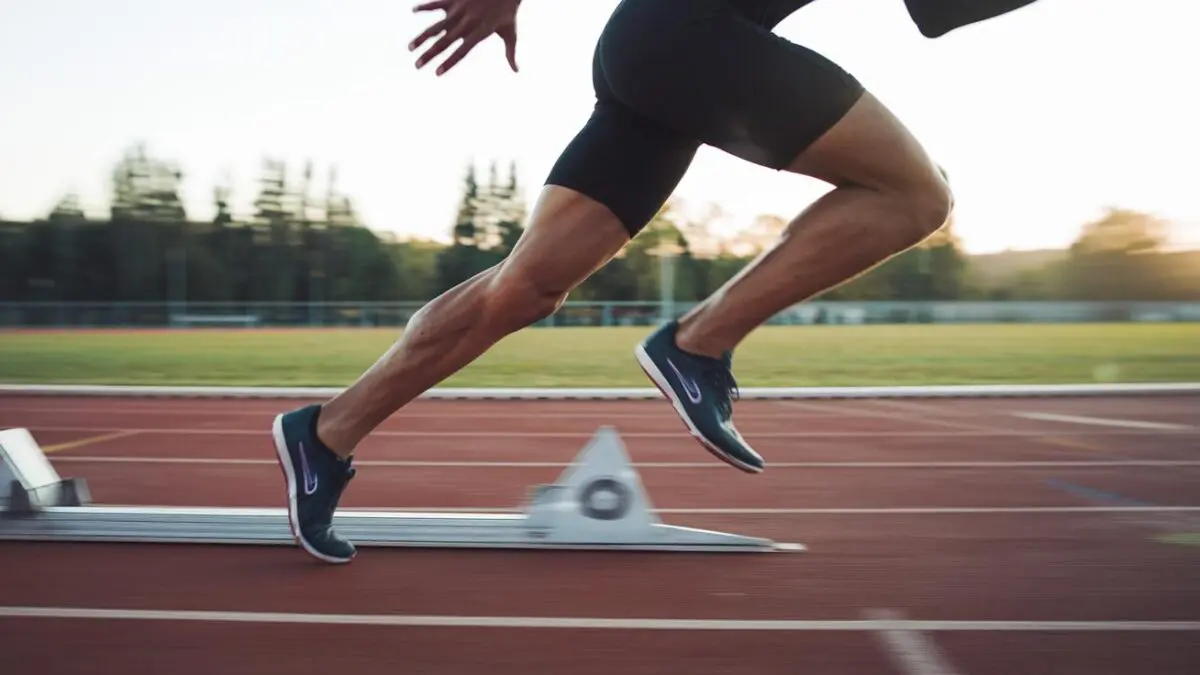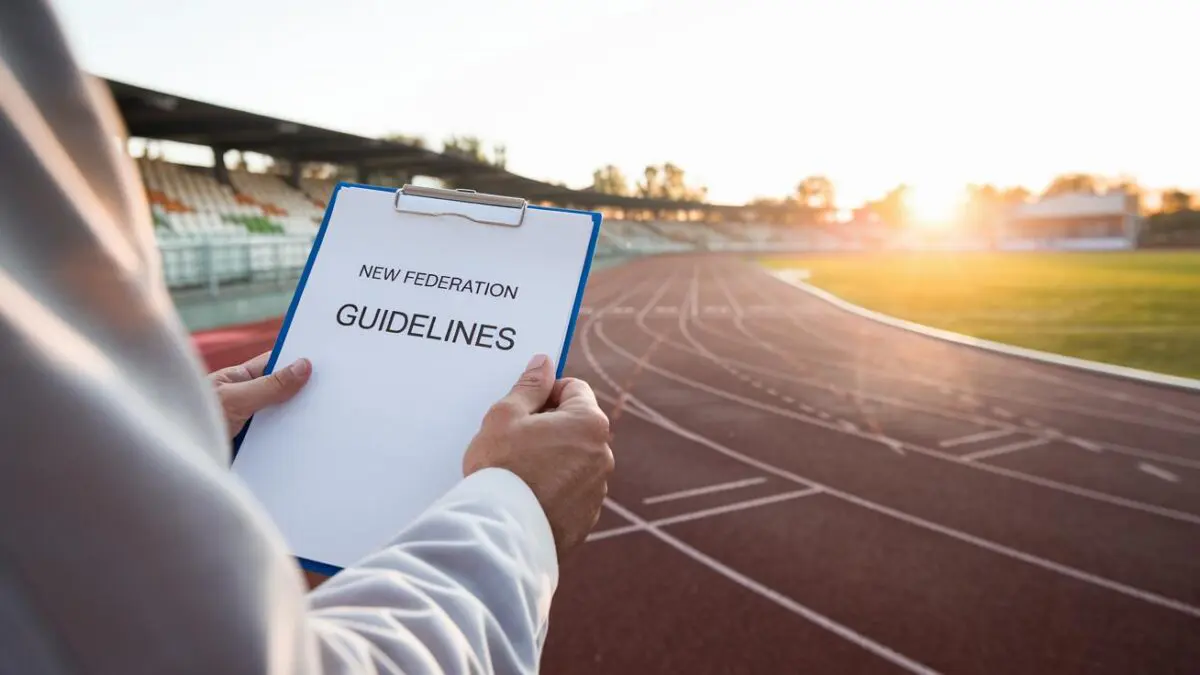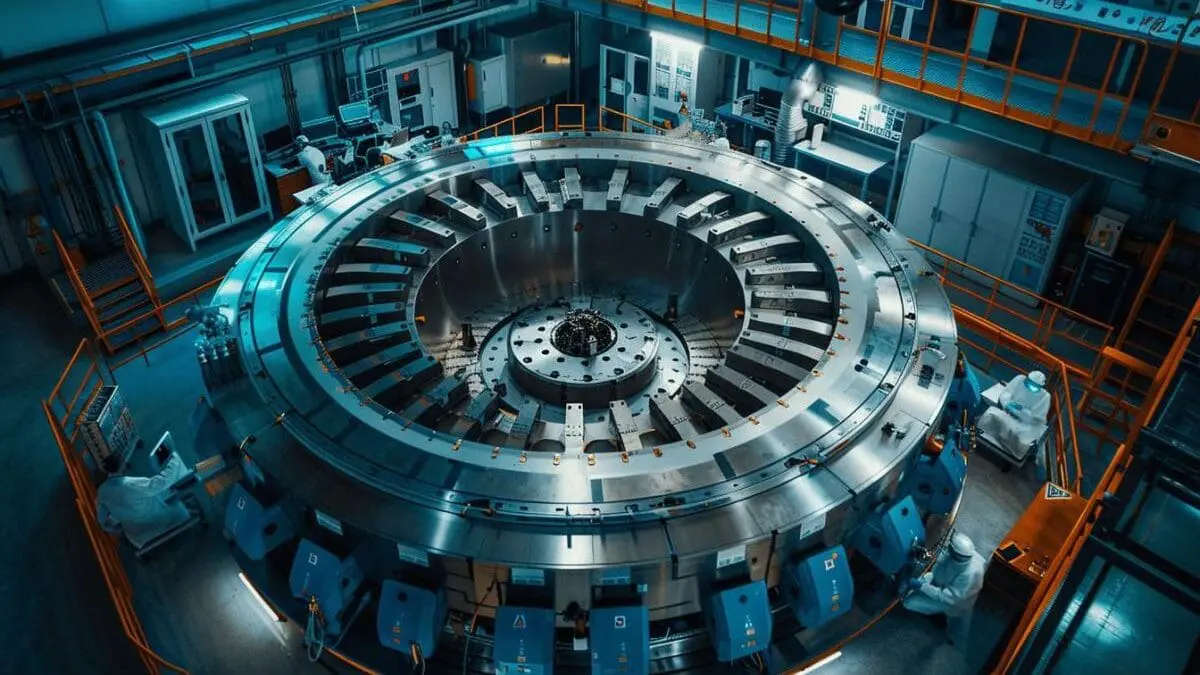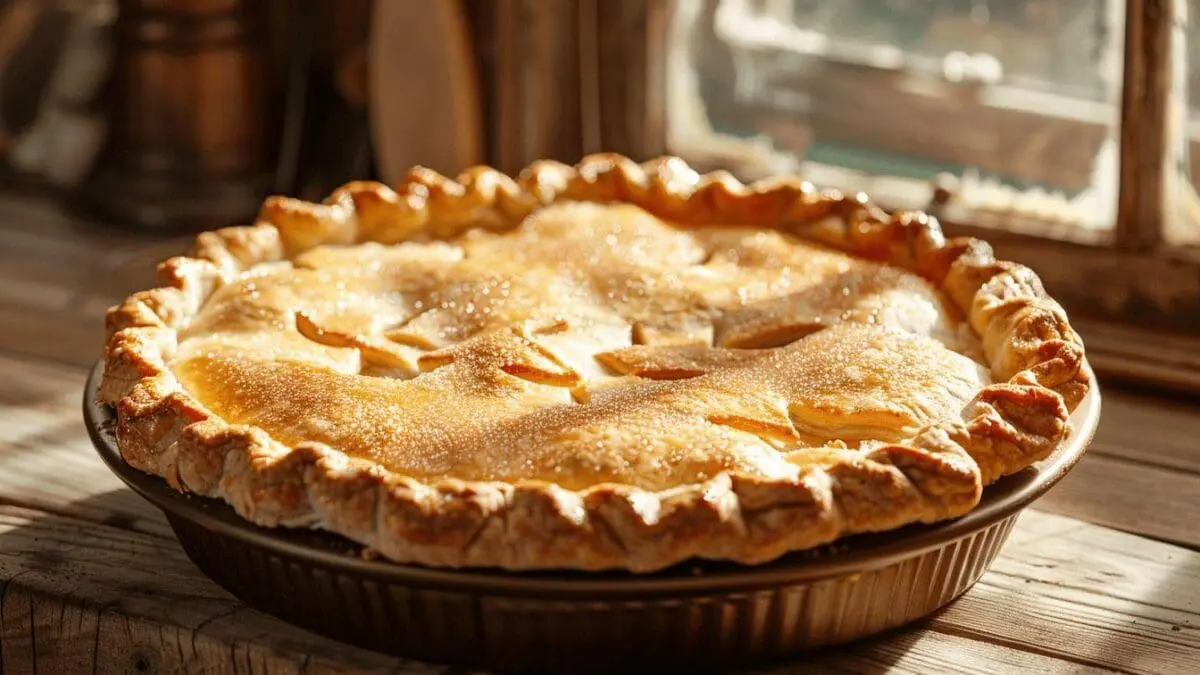The shift in warm-up guidelines by the International Power Sports Federation (IPSF) might seem minor, but it reflects a significant change in how athletes prepare for competition. This adjustment is based on the latest research which suggests that shorter, more intense warm-ups could enhance performance in power sports, which include activities like weightlifting and sprinting. As a parent or coach, understanding these changes could be crucial for optimizing athletes’ performance and safety.
Research backing shorter warm-ups
Recent studies have indicated that prolonged warm-ups might lead to unnecessary energy expenditure, which could impair an athlete’s performance in power sports. The IPSF’s decision was influenced by research conducted over the past five years across various universities globally. These studies suggest that a 10 to 15-minute dynamic warm-up is sufficient to activate the muscles without depleting the energy reserves needed for short-duration, high-intensity activities.

Detailed findings from the studies
The research shows that shorter warm-ups enhance muscle power and performance efficiency. Key studies, such as the one from the University of Sports Science in Norway, observed a 5% increase in output in athletes who followed the shorter warm-up protocol compared to those who engaged in longer sessions.
Implications for training routines
With the endorsement of shorter warm-ups, coaches and athletes are now reevaluating their pre-competition routines. This guideline could lead to a broader transformation in training strategies across coaching levels—from amateur leagues to professional settings. It also raises questions about the traditional practices that have dominated these sports for decades.
Adjustments in coaching certifications
To align with the new guidelines, coaching certification programs are being updated. These programs will now incorporate modules that teach the benefits and methods of shorter, more strategic warm-ups, ensuring that upcoming coaches are well-versed in modern training techniques.

Contrasting opinions in the sports community
While the new guidelines are backed by research, they have sparked debate among traditionalists and innovators within the sports community. Some veteran coaches argue that the “tried and true” methods shouldn’t be abandoned based on emerging data, fearing it might compromise athletes’ readiness and safety.
Feedback from the ground
A survey conducted amongst coaches in the U.S. and Europe shows a split in opinion: 60% support the new warm-up guidelines, citing improved performance outcomes, while 40% remain skeptical, preferring to stick with longer warm-ups.

What this means for young athletes
For young athletes, especially those at the developmental stages of their sports careers, the revised warm-up guidelines could lead to better performance and reduced risk of injury. Parents and guardians should consult with coaches to understand how these changes might benefit their child specifically, adapting as necessary to fit individual needs while still adhering to professional advice.
Next steps for implementation
The IPSF plans to monitor the effects of these guideline changes through ongoing surveys and feedback mechanisms. They aim to ensure that the transition to shorter warm-ups is beneficial across all levels of power sports. Additional resources, including instructional videos and detailed training manuals, are being developed to aid in the adoption of these new practices.
Resources for parents and coaches
- Updated training manuals
- Online workshops on new warm-up techniques
- Access to research papers and case studies
As these new guidelines begin to influence training habits worldwide, the ultimate goal remains to enhance athlete performance and safety in power sports. By staying informed and adaptable, coaches, parents, and athletes can navigate these changes effectively, ensuring that the sports community as a whole benefits from the latest scientific insights.




Interesting shift! But are there studies showing the long-term effects of these shorter warm-ups on athletes’ joints and muscles?
Skeptical about this. How can less warm-up time be better? Seems risky. 😕
Finally, some changes! The old 30-min warmups were just exhausting before the actual event even started.
Can someone explain why only 10-15 minutes now? What’s the magic in that specific timeframe?
Is this applicable to all power sports, or are there exceptions? Need clarity here.
Thanks for this update! Shorter warm-ups mean we can focus more on strategy and less on just getting ready.
Not convinced yet. I’ll stick to my usual routine till I see these results myself. 🤷♂️
Does this mean we need less overall training time, or just the warm-up is shorter?
Great news for coaches! Time to update those training programs. 👏
Quick question: Are these guidelines mandatory or just recommendations?
What about athletes with previous injuries? Should they also shorten their warm-ups?
How will this affect amateur athletes who might not have the same recovery resources as pros?
I heard about this from our coach. Excited to see how it changes the game!
Shorter warm-ups sound great in theory, but I’ll believe it when I see the benefits firsthand. 😬
Could this be more about saving time during competitions than actual performance benefits?
Any specific warm-up exercises recommended for this new shorter duration?
Uh oh, less warm-up time means I gotta rush my pre-game selfie! 😜
Thanks for sharing! This could really change how we approach game day prep.
Are these new practices backed by all leading sports scientists, or is it still a mixed opinion?
Interesting article, but what do athletes themselves think about this change? 🤔
Not sure if this is good or bad. Why fix something that isn’t broken?
Sounds promising, but adaptation might take time for older coaches and athletes.
Any feedback from athletes who’ve already switched to these shorter warm-ups? Would love to hear real experiences!
As a coach, I’m always open to new methods if they’re proven effective. Let’s see how this goes!
Is there a risk of injuries increasing with shorter warm-ups, especially in colder climates?
This seems too short for those of us who take a bit longer to feel ‘warmed up’ and ready.
Love the idea! More energy for the actual performance. 🚀
Hope this doesn’t ignore the psychological benefits of a longer warm-up. Some of us need it to get in the zone!